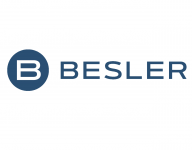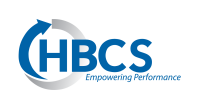Consider the following practices to develop an effective internal audit and monitoring program and to improve the revenue integrity of your health care organization.
- Develop a formal policy and procedure handbook to define the guiding principles and the revenue integrity workflow processes established. Review periodically, update as necessary and conduct ongoing staff education and training.
- Identify risk areas and develop criteria to defend the Charge Description Master (CDM) structure and to ensure it aligns with best practice industry standard. Develop a strategic pricing methodology to reflect cost and to address consumer-driven services.
- Proactively manage the CDM to ensure compliance and to validate accuracy and completeness of coding.
- Implement a daily charge reconciliation process and ensure there is adequate documentation to support the patient charges captured including accurate CPT®/HCPCS codes, appropriate modifier assignment and service units.
- Establish a consistent process to review billing edits by payer and to understand denials. Analyze patterns and trends to help determine the root cause(s) and corrective action(s). Provide continuous feedback to the clinical departments. If you do not have a denials management program in place, make it a priority to implement one.
- Implement a formal auditing and monitoring program and consistently schedule both hospital-wide and department specific service-line audits. Identify problem-prone areas to establish a foundation and benchmark improvement.
- Review the OIG work plan annually and reference national and local coverage policies published by your MAC. Identify what recovery audits are in progress by Medicare, Medicaid, and/or commercial payors. Review your commercial payer contracts to better understand payer requirements.
- Actively reference list serves, forums and newsletters that are routinely published to help keep you current on hot topics and industry trends.
Realizing that we are in an environment where the only constant is change, coding updates occur quarterly and none of these rules and regulations are permanent. Make it a priority to better understand industry trends, learn from others and collaborate with partner vendors.
Rebecca Marsh, MBA, CPC, CHC is Principal Director of Advisory Services – Charge Integrity at nThrive. In her role, Marsh assesses clients’ revenue cycle operations, develops plans to migrate them to a best-practice environment, and implements recommended changes to drive the transformation of revenue cycle processes and results. Marsh earned her Bachelor’s Degree in Accounting and Master of Business Administration from Gonzaga University. She is certified in Healthcare Compliance through the Health Care Compliance Association and is a Certified Professional Coder through the American Academy of Professional Coders.















